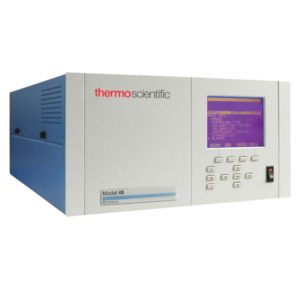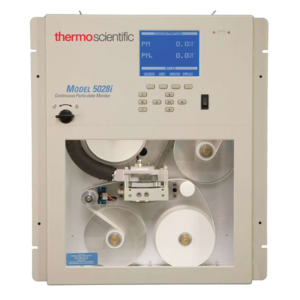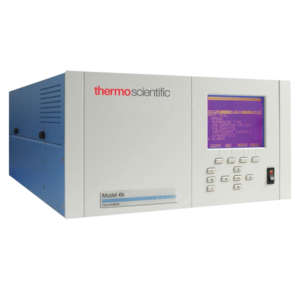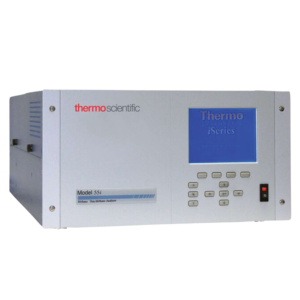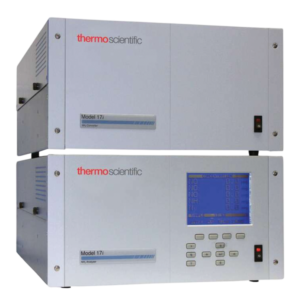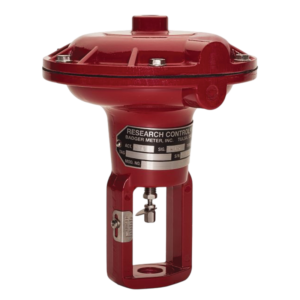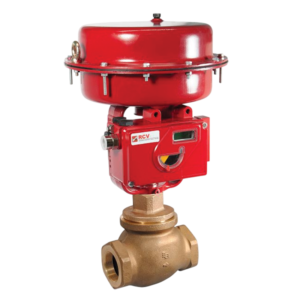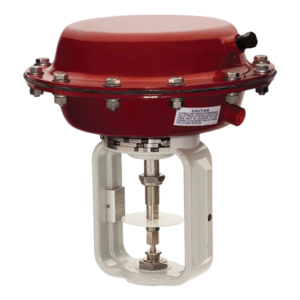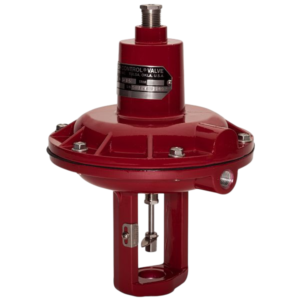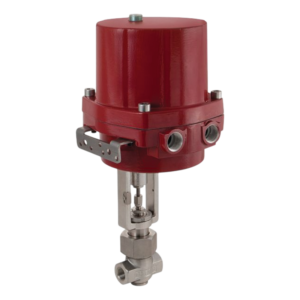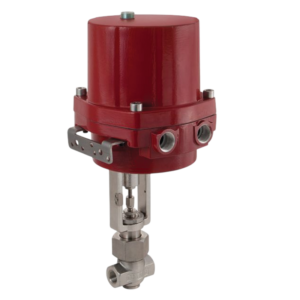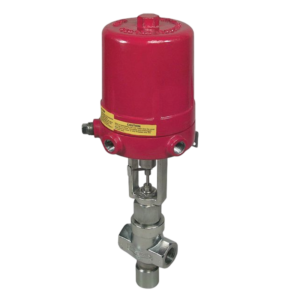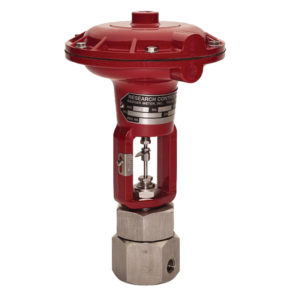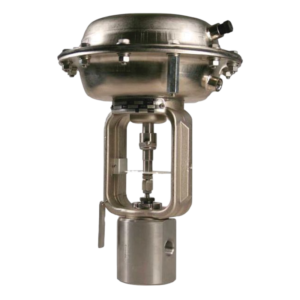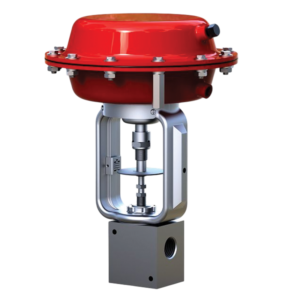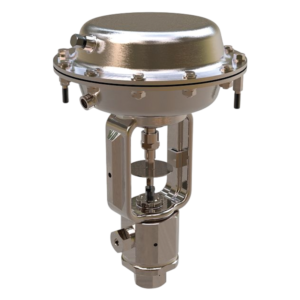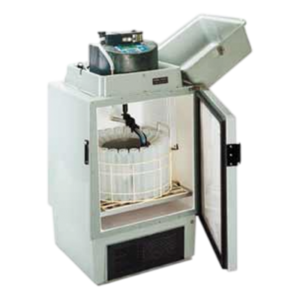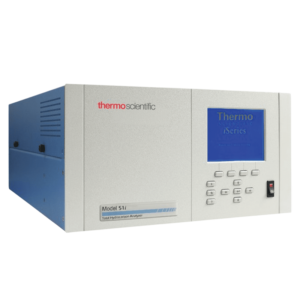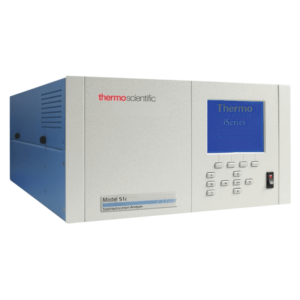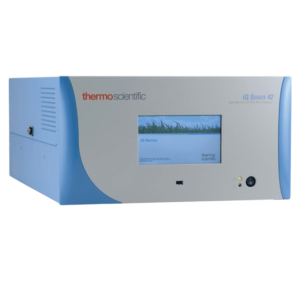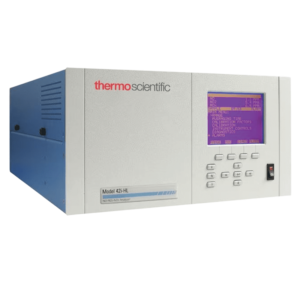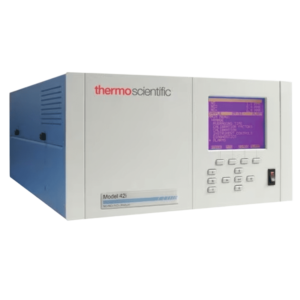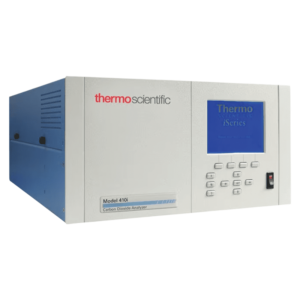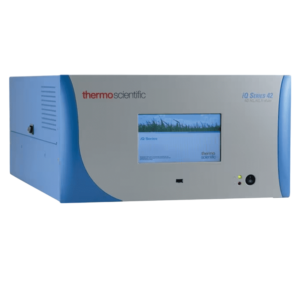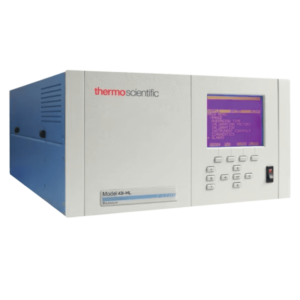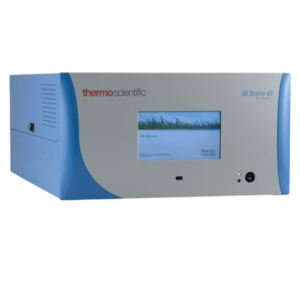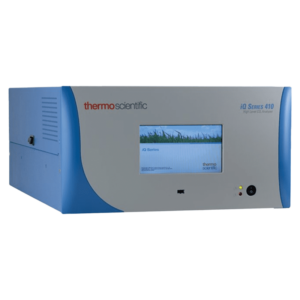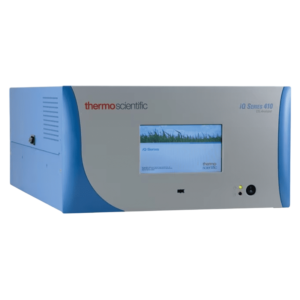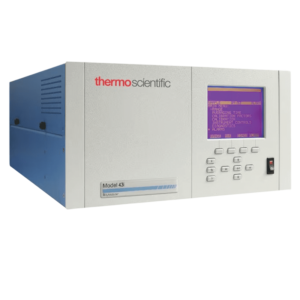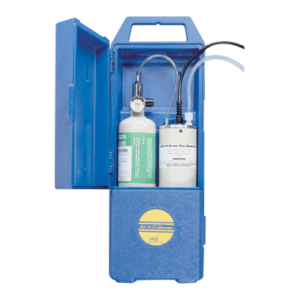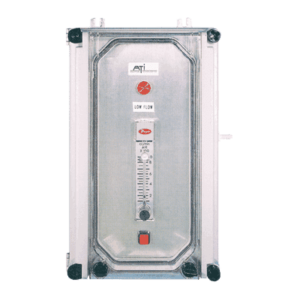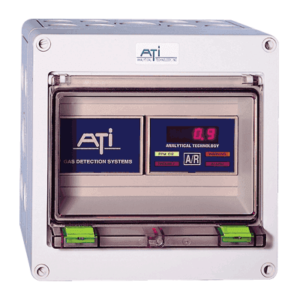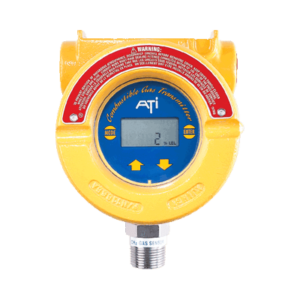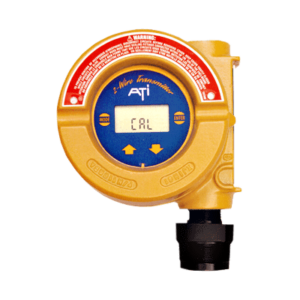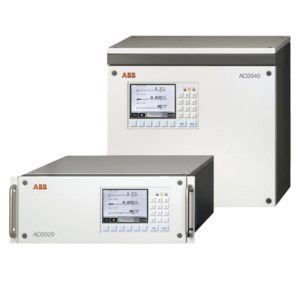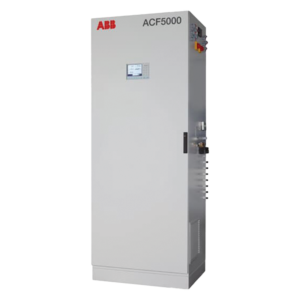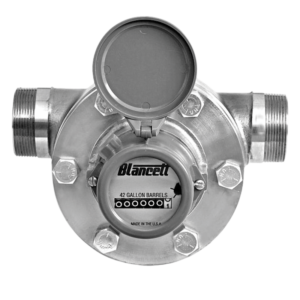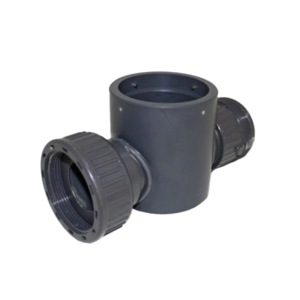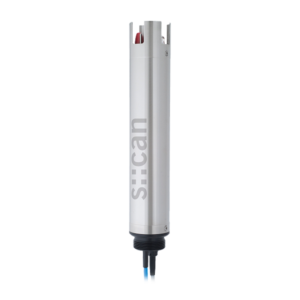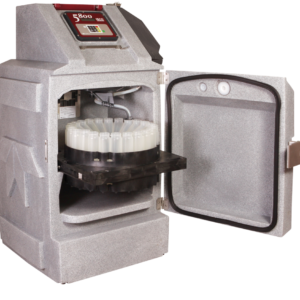Process Gas Sensors and analyzers
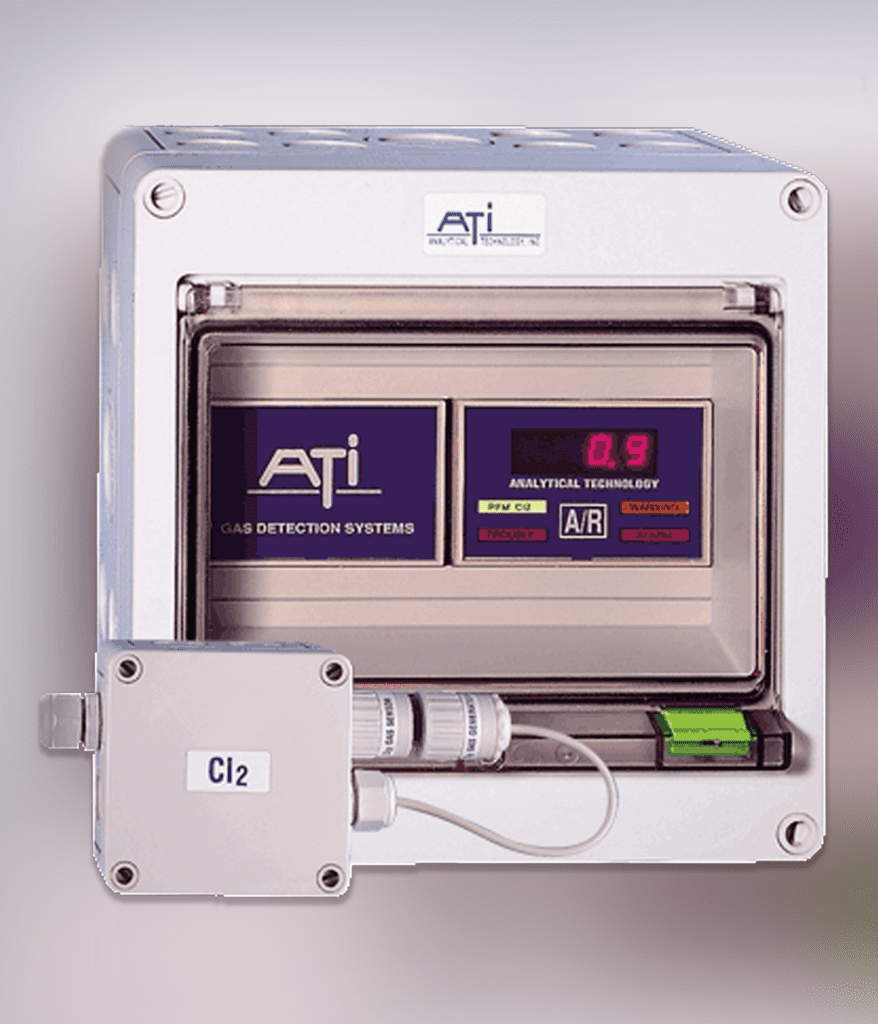
Gas sensors and analyzers play a critical role in ensuring safety, environmental compliance, and industrial processes by detecting and quantifying the presence of various gases in the air. These devices are designed to monitor and analyze the concentration of specific gases, providing real-time data that enables timely response and intervention.
Gas sensors are equipped with advanced technologies that allow them to detect a wide range of gases, including toxic, flammable, and combustible substances. These sensors utilize different principles such as electrochemical, infrared, catalytic, and semiconductor to achieve accurate and reliable measurements. They find applications in diverse industries, from manufacturing and petrochemicals to environmental monitoring and healthcare.
Gas analyzers, on the other hand, go beyond simple detection by providing in-depth analysis of gas compositions. They can identify and quantify multiple gases simultaneously, making them essential for quality control in industrial processes and emissions monitoring. Gas analyzers are particularly valuable in maintaining air quality standards and ensuring workplace safety.
…These devices have become indispensable in various fields, contributing to a safer and healthier environment. In industrial settings, gas sensors and analyzers assist in preventing accidents, optimizing processes, and complying with regulatory requirements. Additionally, in environmental monitoring, they help track air quality and detect pollutants, contributing to the global effort to address climate change and promote sustainability.
In conclusion, gas sensors and analyzers are pivotal instruments in safeguarding lives, protecting the environment, and enhancing industrial efficiency. As technology continues to advance, these devices will play an increasingly crucial role in addressing emerging challenges related to air quality and safety.
Related Products
Process gas analyzer technology is essential in industries where precise, real-time measurement of gases is required for compliance, safety, and efficiency. From hydrocarbon detection to NOx, SO₂, CO₂, methane, ammonia, and ozone monitoring, Aaxis Nano delivers a wide range of highly accurate, durable, and easy-to-integrate analyzers for both ambient air and source-level emissions. Our catalog includes modular gas detectors, high-pressure control valves, FTIR-based systems, samplers, and flowmeters—designed for high-performance environments like petrochemical plants, power generation, water treatment, and industrial manufacturing. We help industries stay regulation-ready, process-optimized, and technically future-proof, offering products from globally reputed brands like Thermo Fisher, ATI, ABB, and Badger Meter.
Explore Our High-Performance Process Gas Analyzer Range
🔹 Ambient & Source Gas Analyzers
Carbon Monoxide (CO) & Hydrocarbons
-
51i LT Total Hydrocarbon Analyzer
Detects total hydrocarbons, crucial for industrial leak detection and emissions tracking. -
51i Total Hydrocarbon Analyzer
Measures precise hydrocarbon concentrations for environmental reporting. -
55i Direct Methane & Non-Methane Hydrocarbon Analyzer
Specially designed for methane-heavy industries like natural gas and petrochemicals. -
48i CO Analyzer
Delivers accurate CO levels for safety compliance in confined industrial settings.
Carbon Dioxide (CO₂) Monitoring
-
410i CO₂ Analyzer
For general-purpose continuous CO₂ monitoring in ambient environments. -
410iQ High-Level CO₂ Gas Analyzer
Ideal for flue gas or source emission monitoring.
Oxides of Nitrogen (NO, NO₂, NOx)
-
42i NO-NO₂-NOx Analyzer
Widely used for compliance reporting and NOx reduction monitoring. -
42i-HL High-Level NOx Analyzer
For emission stacks and industrial combustion systems. -
42iQ NO-NO₂-NOx Analyzer
High-precision and intelligent diagnostics in source emissions. -
42iQ Low Source NOx Analyzer
Designed for low-emission setups and laboratory conditions.
Sulfur Dioxide (SO₂)
-
43i SO₂ Analyzer
Trusted for ambient monitoring of sulfur-based pollutants. -
43i-HL High-Level SO₂ Analyzer
Robust solution for industries with sulfur-intensive operations. -
43iQ Sulfur Dioxide Analyzer
High-resolution readings with smart integration for modern systems.
Ammonia (NH₃) and Ozone (O₃)
-
17i Ammonia Gas Analyzer
Designed for industries like fertilizers, semiconductors, and cold storage. -
49i-PS Ozone Primary Standard
Reliable and traceable ozone concentration measurement.
Gas Sampling & Detector Systems
-
A21 Gas Sampler (ATI)
Precision gas collection for varied monitoring applications. -
A14/A11 Modular Gas Detector (ATI)
Versatile system supporting multiple gas modules. -
A12-17 Combustible Gas Detector (ATI)
For explosion-prone areas—high sensitivity and rugged design. -
A12 2-Wire Toxic Gas Transmitter (ATI)
Simplified wiring with robust performance in toxic gas detection.
Process Actuators for Valve Control
Pneumatic Actuators – Badger Meter
-
Type 754, 755, PA35, PA58
Pneumatically powered for reliable valve operation under pressure.
Electric Actuators – Badger Meter
-
SEVA 100, SEVA 200, EVA-1
Efficient for automatic valve adjustments in critical processes.
High-Pressure Control Valves
Ultra & High Pressure – Badger Meter
-
10,000 PSI Type HP-10
-
15,000 PSI Type HP-15
-
40,000 PSI Type HP-40
-
60,000 PSI Type HP-60
Designed to handle extreme conditions in research, oil & gas, and defense sectors.
Specialty Systems
-
Advance Optima AO2000 (ABB)
Modular, multi-component gas analyzer system for customizable configurations. -
ACF5000 FTIR Analyzer (ABB)
Non-dispersive infrared analyzer with simultaneous multi-gas tracking—ideal for CEMS applications.
Water Sampling & Accessories
-
6712FR Fiberglass Refrigerated Sampler
Keeps volatile organics intact during water/gas testing. -
5800 Sequential/Composite Sampler
Enables programmable collection intervals for process accuracy. -
900 Series Flowmeter (Badger Meter)
High-accuracy flow monitoring for integration with analyzers. -
ammo::lyser eco & flow assembly (PVC)
Accessory sensor components for enhanced water quality analysis.
What is a Gas Analyzer?
Gas Analyzer Definition & Purpose
A gas analyzer is an instrument that detects and measures the concentration of gases in a sample. It is widely used in industries like:
-
- Oil & Gas
-
-
- Power Plants
- Power Plants
-
- Environmental Monitoring
- Environmental Monitoring
-
- Medical & Biochemistry
- Medical & Biochemistry
-
- Waste Management
- Waste Management
Applications of Gas Analyzers
| Industry | Application |
| Power Plants | Flue gas & emission monitoring |
| Oil & Gas | Methane and VOC detection |
| Automotive | Exhaust gas analysis |
| Laboratories | Biochemistry and clinical diagnostics |
| Food Processing | Modified atmosphere packaging (MAP) monitoring |
| Waste Management | Landfill gas and biogas monitoring |
Ready to Elevate Your Gas Monitoring?
Contact Aaxis Nano today for smart, portable, and process-grade gas analyzers at the most competitive prices in India. We don’t just sell instruments—we deliver precision, safety, and peace of mind.

